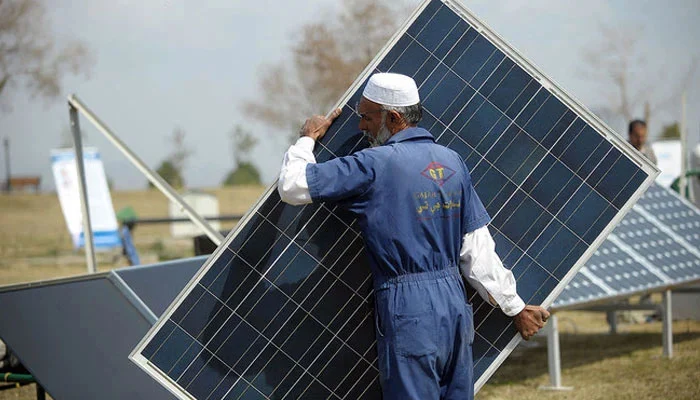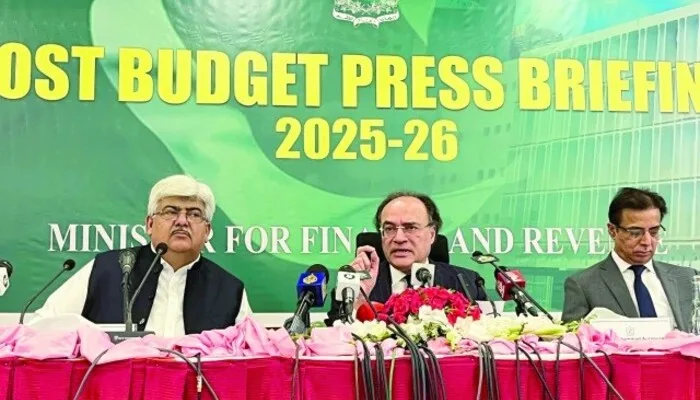
In a major shift, the government has reduced the proposed tax on imported solar panels from 18% to 10%, following industry pressure and parliamentary opposition. The change comes as Pakistan’s solar imports are expected to exceed Rs110 billion in the upcoming fiscal year, reflecting soaring demand amid rising electricity prices.
Revised Policy After Consultation
Deputy Prime Minister Ishaq Dar confirmed the decision during a National Assembly session, stating it was made after mutual consultations. The National Assembly’s finance committee had earlier rejected the initial 18% General Sales Tax (GST) proposal, prompting the government to scale it down.
Rs20 Billion in Expected Revenue
Despite reducing the tax rate, the government still aims to collect around Rs20 billion in additional revenue from solar imports in FY2025-26. This move aligns with commitments under the IMF loan program, which previously pushed Pakistan to hike energy tariffs to stabilize the sector.
Read: Punjab Presents Rs5.35 Trillion Tax-Free Budget
Solar Demand Surges Amid Energy Crisis
Pakistanis are increasingly turning to solar energy to offset record-high electricity bills and frequent power outages. Solar power now contributes over 14% to the national grid, up from just 4% in 2021. Net-metered capacity has surged from 1.3 GW in FY2023 to 4.9 GW by March 2025.
FBR Justifies Tax for Fair Competition
Federal Board of Revenue (FBR) Chairman Rashid Langrial defended the revised tax, noting that locally assembled panels were already taxed, while imported ones had been exempt. This imbalance, he said, hurt domestic manufacturers.
He also cited 32,000 MW worth of solar imports over the past five years, with 13,000 MW still unused. Additionally, Langrial warned of over-invoicing and unregulated market practices, making a case for tighter controls and equitable taxation.
Balancing Growth and Industry Protection
While the new tax may slightly slow adoption, officials argue it levels the playing field for local industry. Langrial stressed the need for sustainable growth and regulation, given the explosive rise in solar installations nationwide.
Follow us on Google News, Instagram, YouTube, Facebook,Whats App, and TikTok for latest updates












